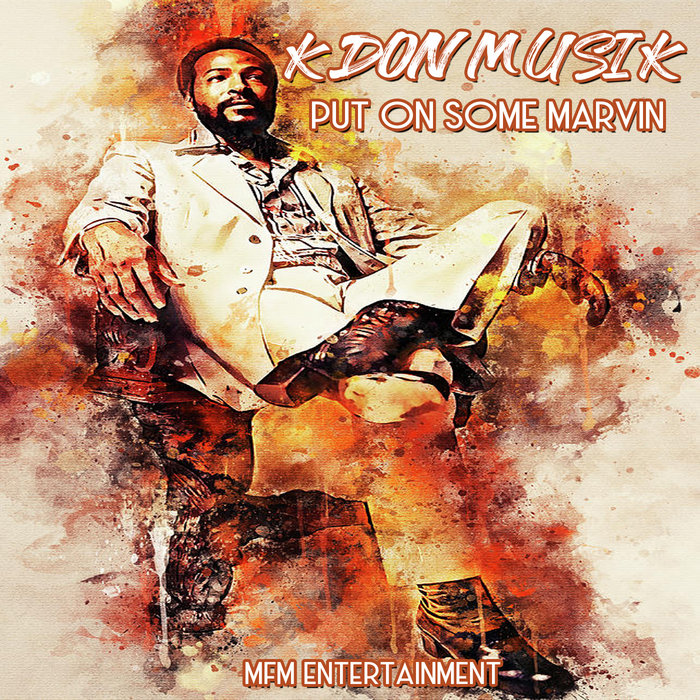
Put On Some Marvin – K-DON
this blog is GROOVY – check out great Soul, Funk, Jazz, Hip Hop, Bass, Breaks , Reggae, House n many more TUNES
Hey there, music lovers! Let’s take a funky ride through the history of rap and hip-hop, with a special spotlight on K-Dot rap. Grab your headphones and turn up the volume, ’cause we’re about to drop some beats!
Hip-hop exploded into life in the late ’70s in the Bronx, New York City. DJ Kool Herc is often credited as one of the pioneers. He used two turntables to extend breaks from funk records—those sweet spots that made folks wanna get up and dance.
The genre was influenced by various musical styles: funk, soul, R&B, disco—you name it! As MCs began to rise alongside DJs, they found their voice in rhythm and rhyme. Soon enough, groups like Grandmaster Flash & The Furious Five were telling stories on the mic while spinning fresh beats.
Fast forward to what we call the “Golden Age” of hip-hop—a magical period when creativity knew no bounds. Artists like Run-D.M.C., Public Enemy, and N.W.A pushed boundaries with their lyrics and style.
The lyrical themes started getting more personal; they tackled social issues such as race relations and police brutality—topics that still resonate today.
Now let’s bring it back to modern times where Kendrick Lamar—also known as K-Dot—stepped onto the scene. Emerging from Compton in California during the early 2010s, Kendrick didn’t just add his flavor; he changed how people thought about rap itself.
His debut studio album Good Kid M.A.A.D City (2012) dropped like a bombshell! It’s a wild ride through his life experiences wrapped up in cinematic storytelling. He didn’t hold back; instead of bragging about money or cars like many mainstream artists at that time, he spoke truthfully about growing up in Compton—the good, bad, and everything in between.
In 2015 came To Pimp A Butterfly, another profound piece showcasing racial tensions along with self-reflection. With hit tracks like “Alright” becoming an anthem for protest movements across America—it showed us hip-hop isn’t just entertainment; it’s powerful cultural commentary too!
Let’s not forget our queens rocking this genre! Female rappers have always been part of hip-hop’s narrative but gained significant recognition over time. Artists such as Nicki Minaj brought pink wigs while spitting fire bars.
Another fierce female presence is Cardi B who burst onto our screens with catchy tunes filled with attitude—we’re talking unapologetic vibes here!
As we groove into today’s scene hot names include J Cole (who also rolls under Dreamville!), Travis Scott dropping those high-energy bangers every festival season —and don’t skip out on Lil Nas X whose track “Old Town Road” broke records left & right.
But wait there’s more—the love for collaborations continues exploding within our community too—from Drake teaming up with Future or Megan Thee Stallion dropping bars alongside Beyoncé!!
From its humble beginnings partying away block parties fueled by DJs mixing vinyl records—to multi-million dollar festivals celebrating diversity—that’s been quite an evolution for this genre.
Rap has blossomed into various sub-genres embracing unique voices creating unforgettable tracks together regardless if you’re jamming solo or sharing moments among friends!
So next time you’re lost within grooves reminiscent of old-school classics mixed seamlessly amongst new-age sensations remember: It all stems from passion rooted deep down echoing across generations shaking speakers worldwide.
And above all else keep dancing—because what’s better than appreciating good music that makes your soul feel alive?
Keep vibing out there y’all! 🎤🎶

Put On Some Marvin – K-DON